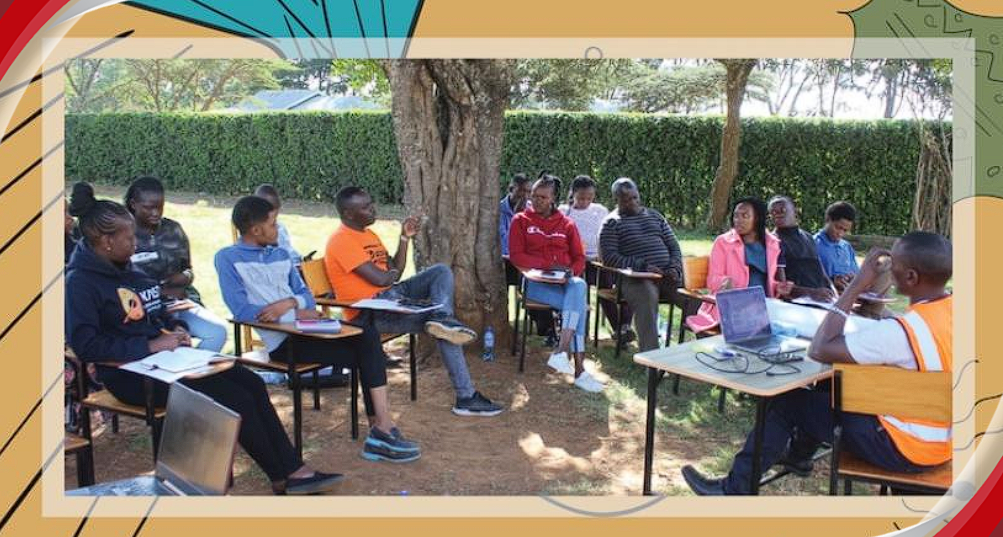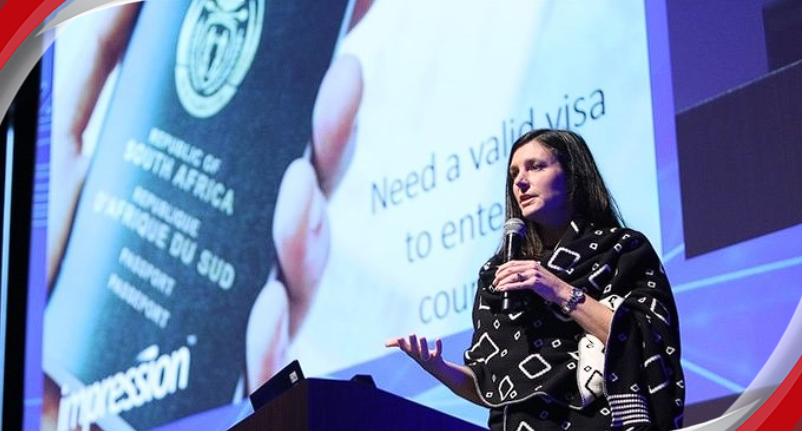Articles
South Africa risks missing the AI wave
-
1 year ago
Artificial intelligence (AI) has been receiving unprecedented media coverage since the launch of ChatGPT in November.
ChatGPT, and subsequently-launched programs, use a large language model that brings AI that much closer to artificial generative intelligence (AGI).
AGI will closely approximate human intelligence by reasoning, making judgements strategising and even thinking creatively.
For more on the various kinds of AI, see my previous article on ITWeb.
Companies around the world have been quick to see the benefits of increasingly sophisticated AI systems to help them plan manufacturing better, streamline supply chains and payment pathways, predict stock outages, improve quality controls and so on.
In response, AI is now built into all the major enterprise resource planning (ERP) packages, as the business world positions itself to make the most out of the fourth industrial revolution (4IR) − ERP is the source of a large proportion of the data that AI uses.
However, as a recent research paper argues, it looks very much as if 80% of the benefits realised from AI will be realised in the developed markets of Europe, North America and Asia, with the developing world − obviously including South Africa − lagging.
AI is very much the engine of the 4IR because it provides the processing power to mine insights from huge amounts of data.
Why is this important? The SME sector is everywhere seen as the true engine of any healthy economy, responsible for the lion’s share of employment and contributing a substantial portion of gross domestic product (GDP).
The majority of businesses in the European Union (EU), G2 and South Africa are SMEs (99.8%, 99% and 98.5%, respectively), but the figures diverge when other metrics are considered. In the EU, SMEs are responsible for 68% of private-sector jobs and contribute 57% of GDP, and the G2 is similar (65% of jobs and 46% of GDP). By contrast, South African SMEs employ 25.8% of the workforce and contribute 39% of GDP, according to McKinsey.
The reasons our SMEs perform so badly are hotly disputed, but they include excessive government red tape, lack of access to capital and markets, and a lack of investment in the technology that has the potential to enable them to compete. Our economy is dominated by corporates and, disastrously, the state.
If a fraction of the hype surrounding the business benefits to be derived from AGI are true, then our SMEs’ reluctance to invest in new technologies will further decrease their competitiveness and, crucially, their ability to grow and provide more stable jobs.
No South African needs convincing that this is central to our success as a society.
Barriers to AI adoption
A Deloitte survey found that South African executives were 35% less likely to use 4IR products than their overseas counterparts − and AI is very much the engine of the 4IR because it provides the processing power to mine insights from huge amounts of data.
Even though many of these SMEs have ERP systems in place, anecdotal evidence from at least one vendor indicates that none of its customers have actually adopted the integrated AI tools available.
Some of the issues that are holding SMEs back include:
Cost and resources: The smaller the SME, the less spare budget there is to spend on technology. SMEs often lack the requisite technology infrastructure and skills.
Reliance on informal networks to buy technology: Because they lack technology skills in-house, SMEs tend to rely heavily on their business partners, or informal networks to choose and implement the right solutions, and in that case one’s decisions are only as good as one’s network. Industry bodies could potentially play a role in providing members with better access to technology information, but they are not doing it yet.
Perception of risk: Based on personal experience, employees are resistant to using AI, in part due to fears about job security, but more because they see AI as something of a black box. People understand that the quality of the algorithms affect the quality of the output as much as the quality of data. Because they lack the skills to understand the algorithms, they see the need for human oversight as critical.
Data issues: As regards data, the truth is that while many SMEs have the ERP systems in place to generate the data, they are immature users in that there are other data sources that are not linked to the ERP. Ensuring data quality and consolidation are thus rightly seen as problematic.
AI software shortcomings: At this stage, the algorithms and models behind AGI are not tailored to the developing world. Basic African data is scant, and I imagine that is true for similar regions; this gap limits the value the systems can offer.
A related issue is that Africa and other emerging economies tend to be mobile-first environments, but smartphone penetration is still relatively low.
Another issue is that AI vendors, including ERP vendors, are not doing a very good job of reaching SMEs and putting the case for AI. While most SME decision-makers have a good understanding of AI’s potential, they lack insight into how to integrate it into their businesses − in other words, the business case is not strong enough.
Skills shortages: SMEs, and South Africa as a whole, have a dearth of relevant skills, and there is a disconnect between what the universities and technikons are teaching and what the industry needs. Greater use must be made of existing and plentiful online training in the AI field.
AI, and particularly AGI, has enormous potential to help our SMEs compete more successfully and thus begin contributing more strongly to our employment and GDP. We need to take action to ensure this opportunity is not wasted.
Related Articles Posts
Categories
Popular Post
-
 SA’s IT spend to outpace GDP growth 1 year ago
SA’s IT spend to outpace GDP growth 1 year ago -
 Vodacom, Netstar launch free in-taxi Wi-... 1 year ago
Vodacom, Netstar launch free in-taxi Wi-... 1 year ago -
 South Africa under pressure to fill cybe... 1 year ago
South Africa under pressure to fill cybe... 1 year ago -
 Organisations with a strong employee val... 1 year ago
Organisations with a strong employee val... 1 year ago -
 Joint policy-in-action event highlights... 1 year ago
Joint policy-in-action event highlights... 1 year ago -
 Boost your digital transformation journe... 1 year ago
Boost your digital transformation journe... 1 year ago








